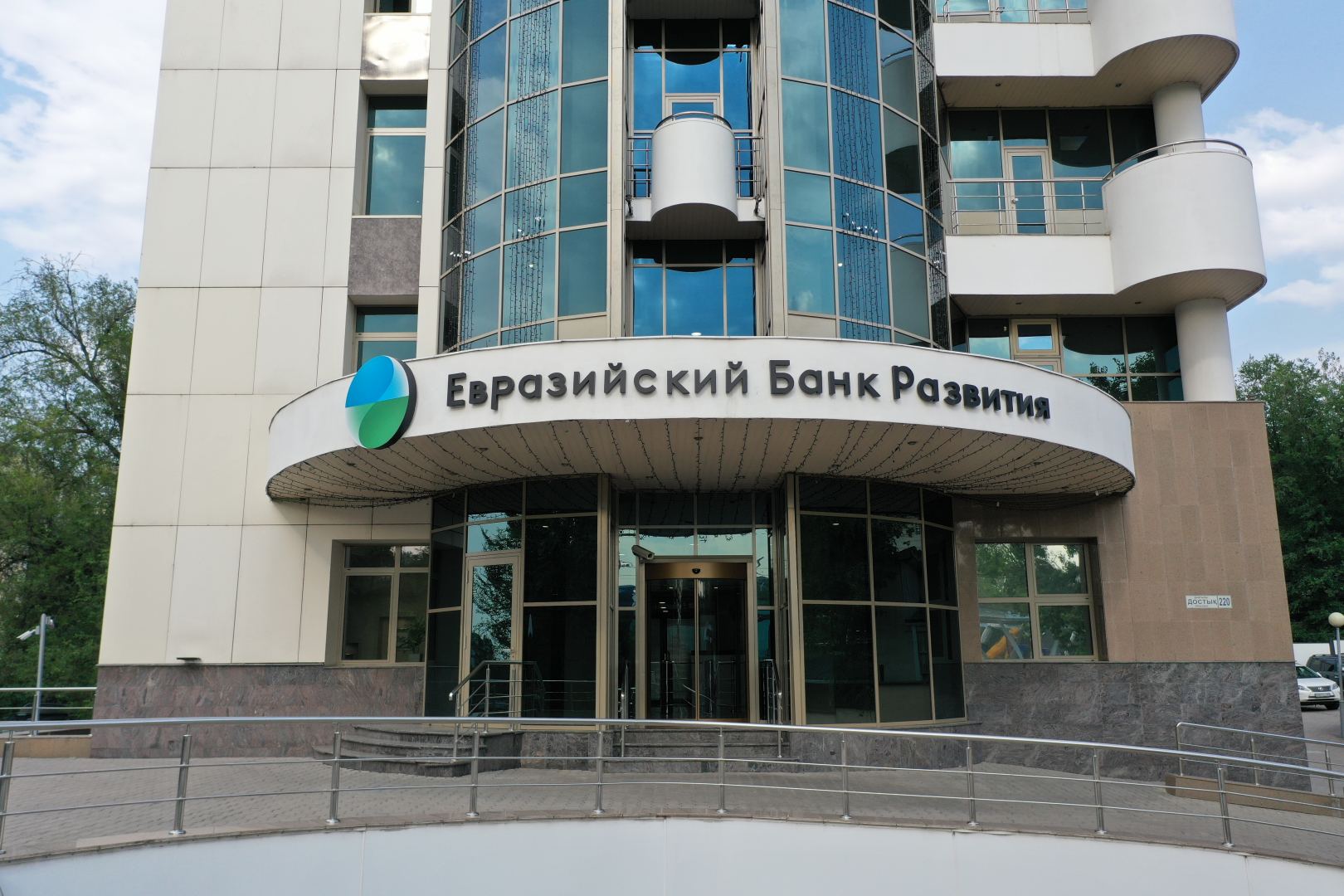The Eurasian Development Bank (EDB) is set to host its highly anticipated annual conference, “Promoting Sustainable Development in Central Asia,” on December 6th, 2024, in Almaty, Kazakhstan. This key event will bring together influential stakeholders, experts, and government officials to discuss the most pressing development challenges facing the Central Asian region, with a focus on sustainable growth, infrastructure development, and regional cooperation.

Addressing Key Regional Challenges
The theme of this year’s conference shows the importance of fostering regional cooperation and sustainable development across Central Asia. Participants will engage in dynamic discussions centered around three primary areas of concern that have emerged in 2024:
Sustainable and Rapid Growth to Combat Poverty: Central Asia has made significant strides in recent years, but poverty remains a major challenge for many of the region’s countries. The conference will explore strategies to promote sustainable economic growth, enhance social welfare, and address issues related to inequality.
Solving the Transport Connectivity Conundrum: A critical issue for landlocked countries in Central Asia, transportation connectivity has been a longstanding obstacle to regional integration and global trade. Although the geographical constraints of the region present challenges, they also offer opportunities for Central Asia to position itself as a global transport hub. Experts will discuss innovative approaches to enhancing infrastructure, streamlining logistics, and improving regional transport networks.
Integrated Development of the Water, Energy, and Food Nexus: This integrated approach to development emphasizes the interconnectedness of water, energy, and food security, which are foundational for ensuring long-term peace and stability in the region. Discussions will focus on sustainable resource management practices and the need for a coordinated approach to managing these critical areas to support both economic growth and environmental sustainability.
Introduction of New Interactive Database
In addition to the conference discussions, the EDB’s analytical team will be launching a new and innovative tool: the Database on MDB (Multilateral Development Banks) Non-Sovereign Financing in Eurasia. This interactive database will serve as an invaluable resource for tracking investments and financing initiatives in the region, offering stakeholders insights into potential opportunities for funding and collaboration across various sectors.
Keynote Speakers and Panel Discussions
The conference will feature a diverse lineup of distinguished speakers and experts, including representatives from renowned international organizations such as the World Bank, the Islamic Development Bank (IsDB), the UN Development Program, and the UN Economic and Social Commission for Asia and the Pacific (ESCAP). Keynotes will address critical issues and explore best practices that can guide Central Asia toward sustainable development.
Panel discussions will focus on the following sessions:
Session 1: Partnerships in Central Asia: Addressing Global Challenges Through Local Lenses
This session will explore how local perspectives can offer solutions to the broader global challenges of economic development, climate change, and inequality. Key stakeholders will discuss successful partnerships and share strategies that have been effective in addressing these issues within the region.Session 2: Connectivity in Central Asia: The MDB Approach
The second session will delve into the role of Multilateral Development Banks (MDBs) in fostering greater connectivity in Central Asia. Through collaborative approaches, these institutions can help tackle the region's infrastructural challenges, enabling stronger trade links and regional cooperation.Session 3: Scaling-up DFIs Funding and Co-financing Streams in Central Asia: Challenges and Opportunities
This session will focus on the role of Development Finance Institutions (DFIs) and co-financing arrangements to accelerate funding for development projects. It will also highlight the key challenges and opportunities in scaling-up funding mechanisms, particularly in sectors critical to economic growth, such as infrastructure, green energy, and agriculture.
A special presentation will focus on the UNFCCC Technology Mechanism for Climate Impact in Eurasia and Central Asia. This presentation will address the region's efforts to combat climate change, exploring how advanced technologies and international collaboration can mitigate environmental challenges. The session will also examine the region’s vulnerabilities to climate impacts, such as water shortages, extreme temperatures, and environmental degradation, and the role of sustainable development in enhancing resilience.
In addition to the sessions, the conference will provide a platform for stakeholders to network and forge valuable partnerships. By bringing together governments, international organizations, and private sector leaders, the event aims to promote collaboration across borders, helping to shape the future of economic integration in Eurasia.
Participants will have the opportunity to share insights, showcase their work, and explore new avenues for collaboration in areas ranging from trade facilitation and investment strategies to innovative solutions for infrastructure development. The conference will highlight success stories and practical examples of how countries in the region are overcoming their challenges and making significant strides toward sustainable development.
Founded more than 18 years ago, the Eurasian Development Bank (EDB) is an international financial institution dedicated to fostering economic integration and sustainable development across the Eurasian region. With a charter capital of $7bn, the Bank focuses on projects that promote regional cooperation, including those in transport infrastructure, digital systems, green energy, agriculture, and manufacturing.
EDB’s operations are aligned with the UN Sustainable Development Goals (SDGs) and Environmental, Social, and Governance (ESG) principles. Kazakhstan, as one of the Bank’s largest stakeholders, accounts for nearly 60% of its investment portfolio.
Comments (0)